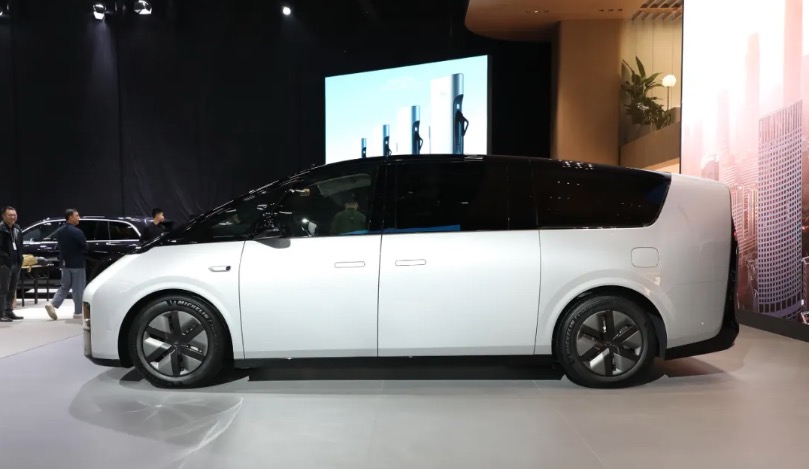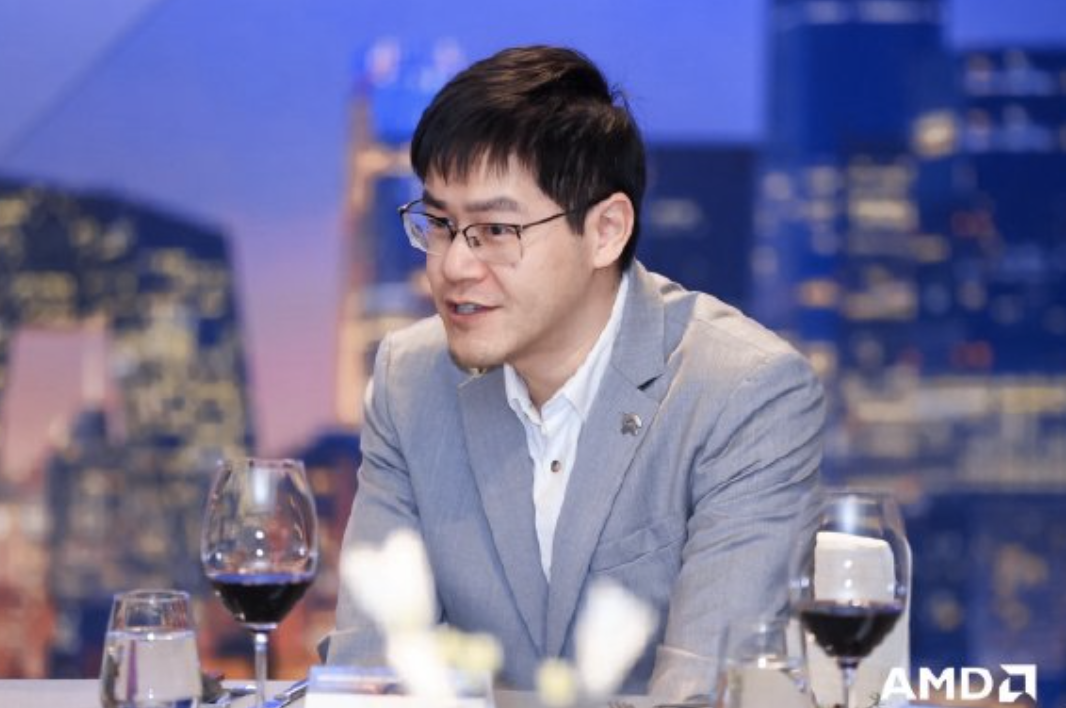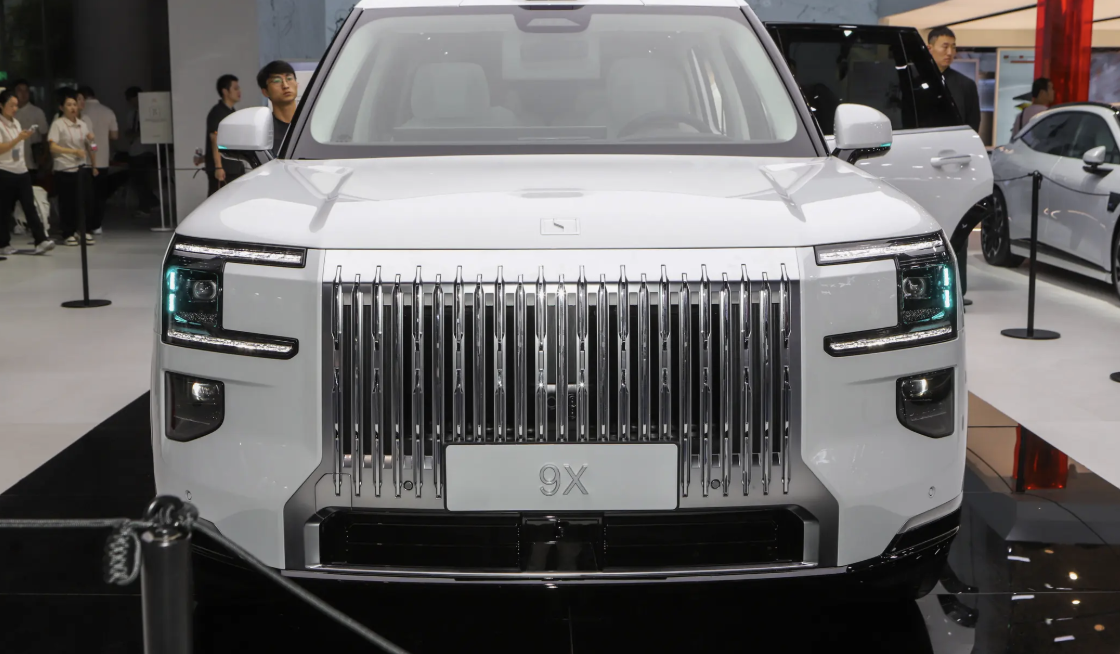March 22, Chinese Foreign Ministry spokesperson Lin Jian presided over a regular press conference and responded to the “headwind” faced by Chinese electric vehicles going overseas. Lin Jian said that electric vehicles are a globalized industry, and only through division of labor and cooperation can we all benefit and win-win, and only through fair competition can there be technological progress. To engage in protectionism and trade barriers in the name of “fair competition” and “national security” goes against the principles of the market economy and the rules of the World Trade Organization. In the short term, it may seem to gain an advantage, but what is protected is backwardness, and what is lost is the future, resulting in a lose-lose situation. In the long run, it will only damage the interests of domestic industries and consumers and affect the global economic green transformation and efforts to address climate change.
Lin Jian pointed out that in fact, there are also many objections from the US and European automotive industries. Many senior executives of European auto companies and business associations believe that the West should not fear Chinese electric vehicles, and that restrictive measures such as imposing tariffs will not help solve the problems faced by their own competitiveness.
At a recent international trade forum, the CEO of Mercedes-Benz gave a sharp speech in the face of the increasingly tense global trade situation. He openly criticized the EU’s protectionist policies towards Chinese electric vehicles and strongly called for the market to be opened up to accept the challenges of Chinese auto companies. This CEO stated that imposing additional tariffs on imported Chinese electric vehicles will not contribute to the development of the European automotive industry; instead, tariff barriers should be reduced, as history has proven that protectionism cannot lead to true success. He emphasized that only in fair competition with competitors like China can European auto companies truly make progress.
Lin Jian emphasized that the reason why Chinese electric vehicles are so popular is that they rely on the technological innovation and excellent quality formed in the global market competition, not on subsidies for support and protection. At the same time, China has completely lifted the restrictions on foreign access in the manufacturing sector and has always opened its doors to global auto companies, allowing them to fully enjoy the benefits of the large Chinese market.
On March 5, the European Commission (referred to as the “European Commission”) issued a notice urgently requiring EU customs authorities to begin registering electric vehicles imported from China, and in the future, it may impose “retroactive tariffs” on the relevant vehicles. The UK and the US are preparing to conduct anti-subsidy investigations or national security risk investigations on Chinese electric vehicles. The reason given by the European Commission is that since it launched an anti-dumping investigation into China’s electric vehicle industry last October, the monthly increase in electric vehicles imported from China has reached 11%, which may cause damage to the EU market.
This move reflects the further rise of trade protectionism in the local automotive industry in the EU.
On September 13, 2023, Ursula von der Leyen, President of the European Commission, announced that it would launch an anti-subsidy investigation into Chinese electric vehicles. The reason is that the EU is concerned that Chinese automakers will produce low-priced electric vehicles through large government subsidies, and these electric vehicles will flood the EU market after entering, threatening the development of local electric vehicles in Europe. The following month, the European Commission issued a public announcement announcing an anti-subsidy investigation into new battery electric vehicles (pure electric vehicles) originating in China that are specifically designed for passenger transport. The scope of the investigation includes pure electric vehicles mainly designed for the transportation of 9 people or less, including the driver, and driven by one or more motors.
Before the European Commission announced the launch of an anti-subsidy investigation into Chinese electric vehicles, the 2023 Munich Auto Show had just opened grandly. Although local German automakers such as Mercedes-Benz, BMW, Audi, and Volkswagen are still the main characters of this auto show, the participation of local Chinese automakers is more like the key to the popularity of the Munich Auto Show, and even has the taste of usurping the limelight. According to German media reports, about 40% of the manufacturers who came to participate in the auto show are from China, including BYD, XPeng Motors, Leapmotor, and Avatr Technology.
German manufacturing is regarded as a symbol of cutting-edge technology in the automotive industry, giving birth to world-class automotive brands including Mercedes-Benz, BMW, Audi, Volkswagen, and Porsche. However, with the lag in the new four modernizations, these once proud world-class automotive brands began to feel the development pressure from Chinese automotive brands.
At the 2023 Munich Auto Show, the BYD booth was crowded, and almost all local German automakers present felt threatened. Moreover, according to media revelations, most of those who visited the BYD booth were from local automakers, experiencing BYD products up close, but more importantly, thinking about how BYD could quickly become the market leader in a short period of time and how to restore the dignity of local German companies as much as possible. It is understood that in less than a year, BYD has launched six models in Europe and entered 15 European countries. Such a scale of market expansion has put European automobiles in a passive position and faces the threat of losing market share.
The statistical data provided by the European Commission shows that from October 2023 to January 2024, there was a significant increase in the import volume of pure electric vehicles from China within the EU. Specifically, the import volume from October 2023 to January 2024 was 177,839 pieces, an increase of 14% compared to the same period last year. The European Commission stated: “Damage may have begun before the investigation is over, and it is difficult to make up for. To rule out the reoccurrence of such damage, it is necessary to implement registration and prepare for the possible retroactive implementation of measures to prevent the reoccurrence of such damage.” The European Commission believes that if the EU’s automotive industry suffers substantial damage again before the current investigation is over, it will impose anti-subsidy duties on registered imported products.
On March 14, the Ministry of Commerce held a regular press conference. Spokesperson He Yadong of the Ministry of Commerce responded at the meeting, hoping that the EU will use trade remedy measures prudently and create a more stable and healthy environment for the development of the China-EU electric vehicle industry. He Yadong said that Chinese electric vehicle export enterprises have reflected that the change in the volume of exports to the EU is in line with the consumption of electric vehicles in the EU, and there is no so-called “surge in imports” and “damage” to the EU market. The EU’s import registration measures and possible retroactive taxation will increase the import link, add burdens to normal trade, and be not conducive to the deepening of cooperation between the two sides in the new energy industry, and will also affect the interests of EU consumers.
In the short term, the EU’s anti-subsidy investigation of pure electric vehicles from China will not have a significant impact on the operating conditions of Chinese automakers, as currently, Chinese automakers have a low dependence on the EU market. However, in the long term, this investigation may have an adverse impact on the expansion of the market share of Chinese automakers in Europe and slow down the pace of Chinese automakers’ entry into the European market. In addition, the EU’s launch of an anti-subsidy investigation will not only affect Chinese automakers, but also automakers that produce in China and sell back to overseas markets, including Tesla and BMW.
Another impact of the EU’s launch of an anti-subsidy investigation against Chinese electric vehicles is that Chinese automakers have to rethink their export strategies and methods of export. If Chinese automakers are imposed anti-subsidy duties, it may accelerate the progress of Chinese automakers in building production capacity in Europe, after all, Chinese automakers cannot give up the European market.
Apart from the EU, the US is also “making trouble”. On March 5, US Senator Rubio proposed to significantly increase tariffs, and at the same time expand the tariff increase measures to automobiles produced by Chinese automakers in countries such as Mexico. It is reported that Rubio claimed that the existing US tariffs are not enough to counter China after they take effect, and “a multi-pronged” approach should be taken to protect the US auto market before it is too late. He claimed that a unified tariff would deal with the disproportionate advantage of Chinese low-end cars, plug the loopholes, and “protect US automakers and workers from the influx of cheap Chinese cars”.



